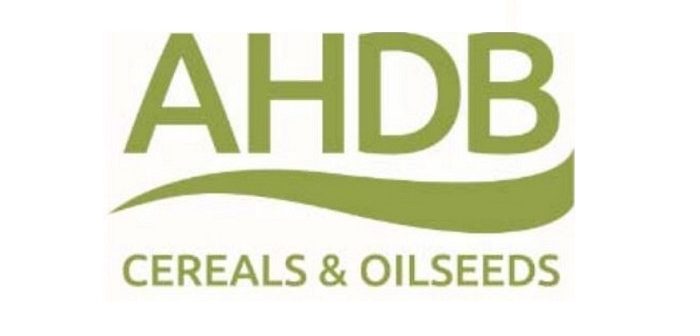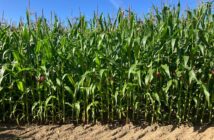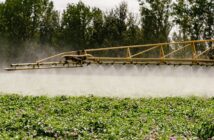People are being asked to submit live samples of cabbage stem flea beetle (CSFB) with suspected resistance to pyrethroid insecticides for free testing.
AHDB-funded monitoring work has tracked the rise of beetles with resistance to pyrethroids (applied at recommended field rates) over the last few years.
CSFB samples from right across the winter oilseed rape production area are required to provide an accurate picture of resistance in the UK.
Steve Foster, who coordinates the screening work at Rothamsted Research, said: “We’ve already received many samples from the South East this season but we need more samples from other parts of the UK too, including Scotland.”
“So far, 25 samples have been screened at the equivalent of a full field rate pyrethroid application. Of these samples, many were relatively resistant.”
The screening evidence reinforces the point that any decision to apply pyrethroid insecticides must be based on risk. Failure to do this places additional selection pressure on resistance mechanisms and results in increasing control issues in subsequent years.
If a pyrethroid application is deemed necessary, full recommended field rates should be used. If the application is not effective and cannot be explained by factors, such as poor spray coverage, then it is likely that the population is resistant. In such cases, further pyrethroids should not be applied, as it will continue to select for resistance and harm natural enemies.
Sampling guidelines, treatment thresholds and recently revised resistance management guidance can be accessed via ahdb.org.uk/knowledge-library/cabbage-stem-flea-beetle
AHDB is also asking people to guide investment in pest monitoring services over the next five years by completing a short survey. The survey, which closes on 30 November 2018, can be accessed via cereals.ahdb.org.uk/pestsurvey




